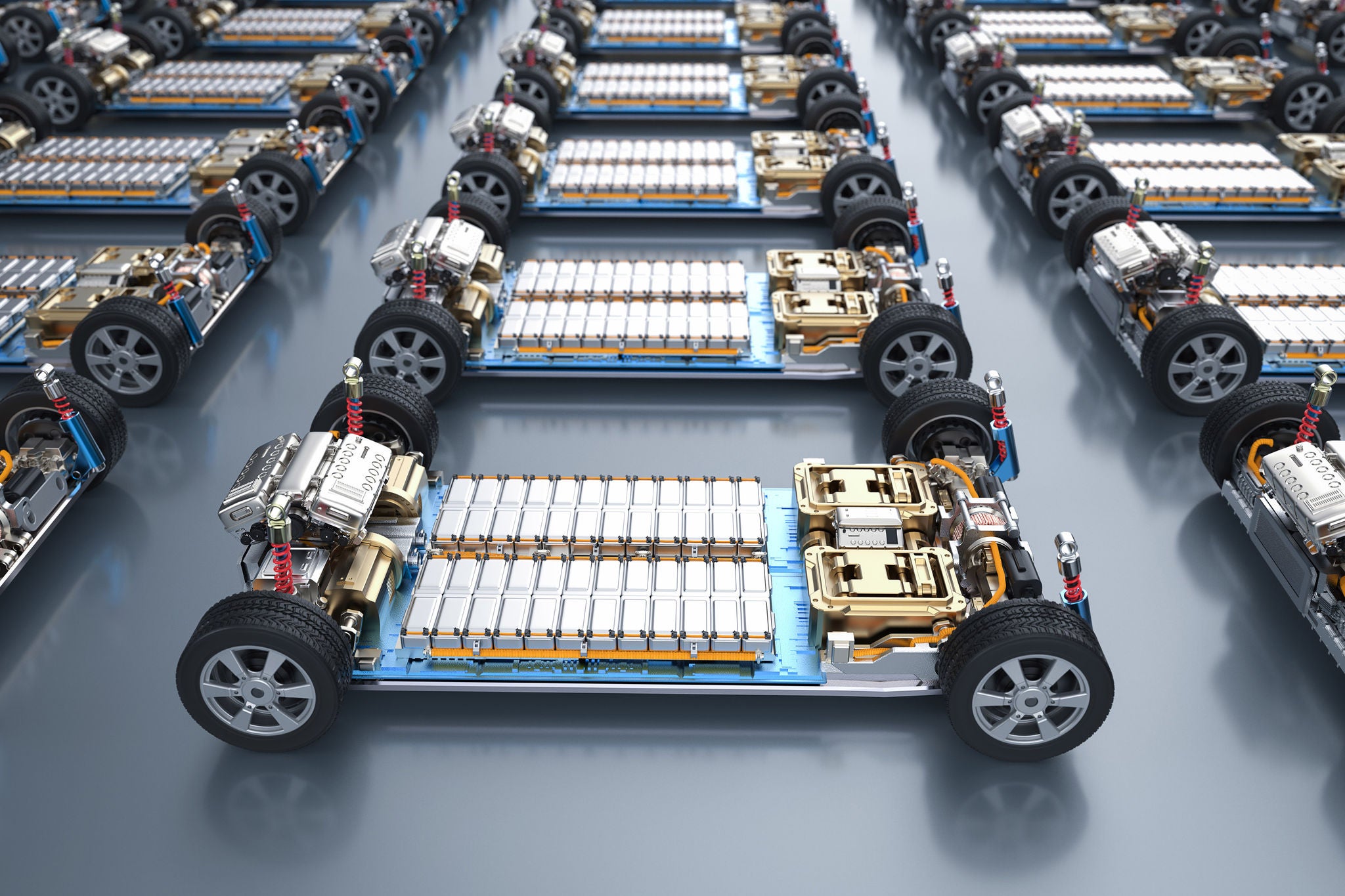EY refers to the global organization, and may refer to one or more, of the member firms of Ernst & Young Global Limited, each of which is a separate legal entity. Ernst & Young Global Limited, a UK company limited by guarantee, does not provide services to clients.
How EY can help
-
Optimize operations with Ernst & Young LLP Supply Chain consulting services. Use tech and AI to boost resilience, efficiency and value.
Read more
Contract manufacturing offers multiple advantages to both traditional automobile OEMs transitioning to EVs and early-stage OEMs. For traditional OEMs, this approach may reduce the cost of manufacturing and add flexibility, in addition to reducing the need for near-term capital expenditures and leveraging production capabilities and capacity. For early-stage OEMs, it can save capital costs associated with building and equipment for their own factory, as well as increase their ability to pilot concepts and scale up production.
There are also potential downsides to contract manufacturing. Key among them is ensuring quality. Additionally, there may be intellectual property concerns in sharing the design and technology with the contract manufacturer. To overcome these, EV companies are exploring various business models, including shared manufacturing and electric skateboard sharing.¹
Despite these challenges, the trend toward contract manufacturing in the EV industry is expected to continue. Contract manufacturing can offer the EV companies, a way to quickly bring their products to market without huge capital investments. Reduced costs, quicker time to market and scalability makes the contract manufacturing model increasingly popular.
If you are a traditional automobile player or an OEM or pure-play EV company, are you looking for opportunities in EV contract manufacturing? This report explores various aspects of contract manufacturing of EVs, including supply chain disruption, key challenges and potential levers such as supply chain optimization to enhance profitability.
Download the full PDF report to learn more about how to address the emerging challenges and complexities related to the new ways of mobility, i.e., EVs and how contract manufacturing can benefit the EV manufacturers.



